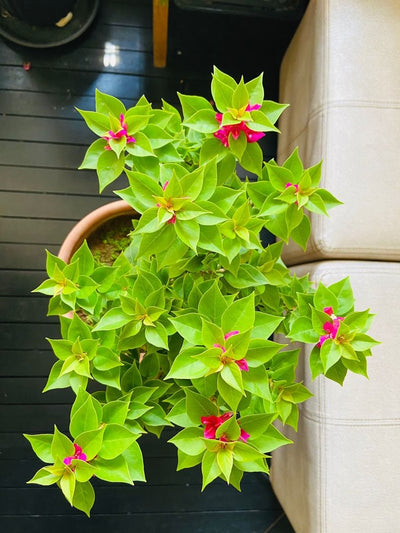Tips and Care for Growing Clivia - Urban Plants
 Indoor clivias prefer bright, indirect light while those grown outdoors need shade. They also like rich, well-draining potting mix or soilless mix.
Indoor clivias prefer bright, indirect light while those grown outdoors need shade. They also like rich, well-draining potting mix or soilless mix.
In the fall, the clivia’s schedule is similar to that of a Christmas cactus. Stop fertilizing; water only when the foliage begins to wilt; and place the plant in a porch or other cool room where night temperatures drop below 50 degrees.
When flowers fade, remove the stalk at its base to prevent seed set. In spring, resume normal watering and feeding.
Clivia Plant Maintenance
While clivia tolerates some neglect, proper clivia care is still required. Taking care of a clivia plant is actually rather straightforward. Between deep waterings, the soil should be kept moist but let to dry gradually. It's also a good idea to fertilise them once a month.
Move outside plants indoors in late fall (about October) for their overwintering rest period, which should last 12 to 14 weeks. Withhold water and fertiliser at this time, giving plants just enough to keep their leaves moist.
You can gradually resume normal watering and feeding activities after they have rested. Flower buds should start to appear within a month or so. If desired, clivia can be returned to a shady place outdoors once the threat of frost has passed.
Clivia plant Problems
 Clivia containers are often overflowing with glossy dark green foliage. It is easy to understand the cause for alarm when clivia issues begin to show themselves.
Clivia containers are often overflowing with glossy dark green foliage. It is easy to understand the cause for alarm when clivia issues begin to show themselves.
To avoid clivia plant problems, focus on providing ideal growing conditions. This means positioning potted plants near a sunny window where they receive bright, indirect light.
Problems with clivia also arise when proper irrigation is not maintained. Only water clivia when the surface of the soil has become dry. Make certain to avoid wetting the foliage of the plant when doing so. Excessive or incorrect watering can cause issues with root rot, crown rot, and other fungal diseases.
Clivia Miniata poisonous:
Poisonous parts- Roots
Poisonous component- Lycorine
Clivia miniata is a poisonous houseplant. The alkaloid lycorine is found in modest concentrations in the kaffir lily. To elicit poisoning symptoms, large amounts of the substance must be consumed. Collapse, diarrhoea, paralysis, salivation, and vomiting are common poisoning symptoms.
These are poisonous to cats and dogs.
The sucker readily so sharing with friends is easy. No wonder these blooming plants are so popular.




Leave a comment